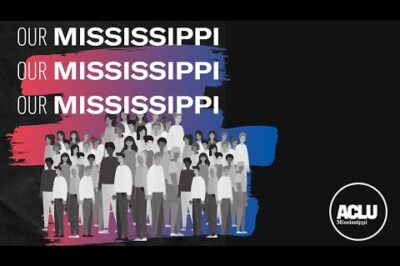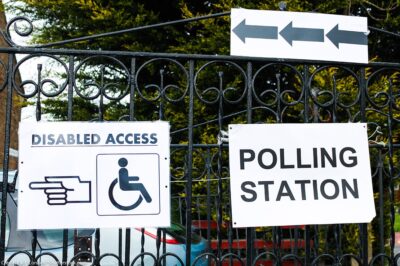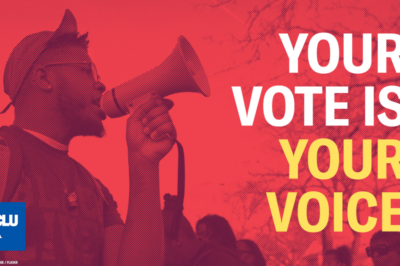Minnesota's Restrictive Voter Identification Rules Violate Federal Election Law, ACLU and Native American Groups Charge
FOR IMMEDIATE RELEASE
ST. PAUL- The American Civil Liberties Union of Minnesota and Native American voters and rights groups today filed a petition in federal court saying that the state’s failure to conform with the Help America Vote Act of 2002 (HAVA) and its restrictions on the use of tribal IDs at the polls could disenfranchise thousands of Minnesota voters on November 2, including many Native Americans.
“Ballot ‘security’ measures designed to prevent voter fraud must be closely monitored and carefully implemented so they do not discourage legitimate voters from participating fully in the Democratic process,” said ACLU of Minnesota Legal Counsel Teresa Nelson. “While ballot integrity is important, every effort must be made to ensure these programs do not disproportionately target or affect minority voters, as they have done in the past.”
The petition was filed against Secretary of State Mary Kiffmeyer by the ACLU, the National Congress of American Indians (NCAI), Bonnie Dorr-Charwood, a member of the Mille Lacs Band of Ojibe, and Richard Smith, a member of the Fond du Lac Band of Lake Superior Chippewa.
HAVA establishes identification requirements for citizens wishing to vote, who have registered or attempted to register by mail, and have not voted previously in the state for a federal office. Upon appearing in person at the polling place, the voter must present a current and valid photo ID, or a copy of a current utility bill, bank statement, government check, paycheck, or other government documents that show the name and address of the voter.
Minnesota’s requirements, on the other hand, are more restrictive. Such a voter must present a current and valid Minnesota drivers license or state ID, passport, military or student ID. If those ID’s do not have a current address they must also include a recent utility bill showing the current address of the voter. In other words, the voter must show a photo ID — which isn’t strictly required by federal law — as well as a current utility bill, again not strictly required by federal law, since one or the other is allowed under HAVA.
Separate from the HAVA conflicts, Minnesota’s restrictions unfairly target Native Americans with respect to election-day registration, in violation of the Constitution’s guarantee of equal protection under the law, the ACLU said. Minnesota law prohibits the use of a valid, federally recognized tribal ID for election-day registration if the citizen does not live on a reservation. Additionally, if the voter’s tribal ID does not include an address, Minnesota law prohibits acceptance of the ID together with a current utility bill to show the current address. This in spite of the fact that the state allows other forms of ID without a current address if provided with a current utility bill.
The groups are requesting that the court mandate that the Secretary of State provide immediate and prominent notice to all Minnesota election officials to:
1. Accept all forms of identification as allowed by HAVA – including tribal identification – for persons who have or attempted to register by mail;
2. Accept tribal identification showing the name and address of the voter for election-day registrations by tribal members living off reservations; and
3. Accept tribal identifications without the address of the voter if the voter has a recent utility bill that shows the current address.
The volunteer attorneys representing the petitioners are Timothy E. Branson, Skip Durocher, Robin M. Wolpert and Angela Hall, all of Dorsey & Whitney LLP.
The petition can be viewed here: /node/35089
Stay Informed
Every month, you'll receive regular roundups of the most important civil rights and civil liberties developments. Remember: a well-informed citizenry is the best defense against tyranny.




